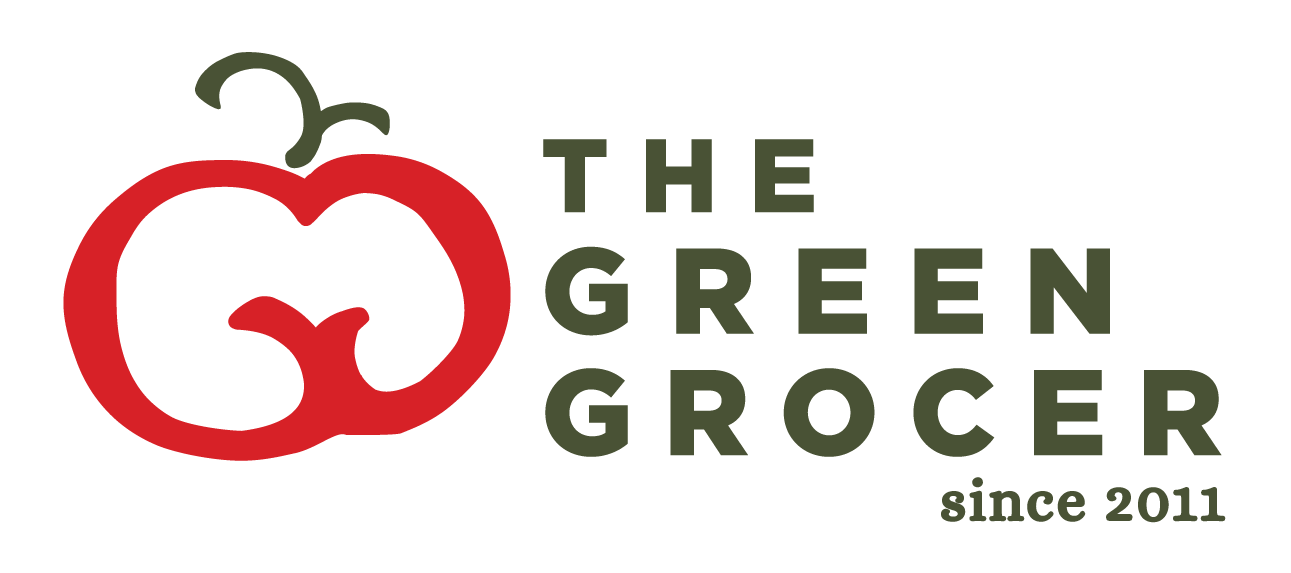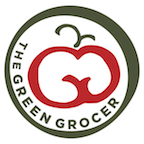There has been such a craze over kale in the past years, but did you know that the lowly pechay (chinese chard or bok choy) contains one of the highest nutrients per calorie, second to kale?
Dr. Fuhrman’s Aggregate Nutrient Density Index (ANDI) ranks the nutrient value of many common foods on the basis of how many nutrients they deliver to your body for each calorie consumed. Foods are ranked on a scale of 1-1000, with the most nutrient-dense cruciferous leafy green vegetables scoring 1000. Pechay has an ANDI rating of 865, higher than spinach (707), carrots (458) and broccoli (340)!
Phenols and other phytonutrients in pechay represent what is now known to be a full spectrum of over 70 antioxidants in this cruciferous vegetable. The antioxidant richness of pechay also partly explains the ongoing investigation of this leafy green in relationship to cancer prevention since prevention and reduction of oxidative stress has often been linked to decreased cancer risk.
Because of its strong beta-carotene content, pechay also ranks as the 11th richest food in vitamin A. This vitamin A richness places pechay ahead of some of its fellow cruciferous vegetables, including cauliflower, cabbage, Brussels sprouts, and broccoli.
Dr. Fuhrman’s Aggregate Nutrient Density Index (ANDI)
Sample Nutrient/Calorie Density Scores
| Kale |
1000 |
| Collard Greens |
1000 |
| Mustard Greens |
1000 |
| Watercress |
1000 |
| Swiss Chard |
895 |
| Bok Choy |
865 |
| Spinach |
707 |
| Arugula |
604 |
| Romaine |
510 |
| Brussels Sprouts |
490 |
| Carrots |
458 |
| Cabbage |
434 |
| Broccoli |
340 |
| Cauliflower |
315 |
| Bell Peppers |
265 |
| Asparagus |
205 |
| Mushrooms |
238 |
| Tomato |
186 |
| Strawberries |
182 |
| Sweet Potato |
181 |
| Zucchini |







This is my first time to order from you.